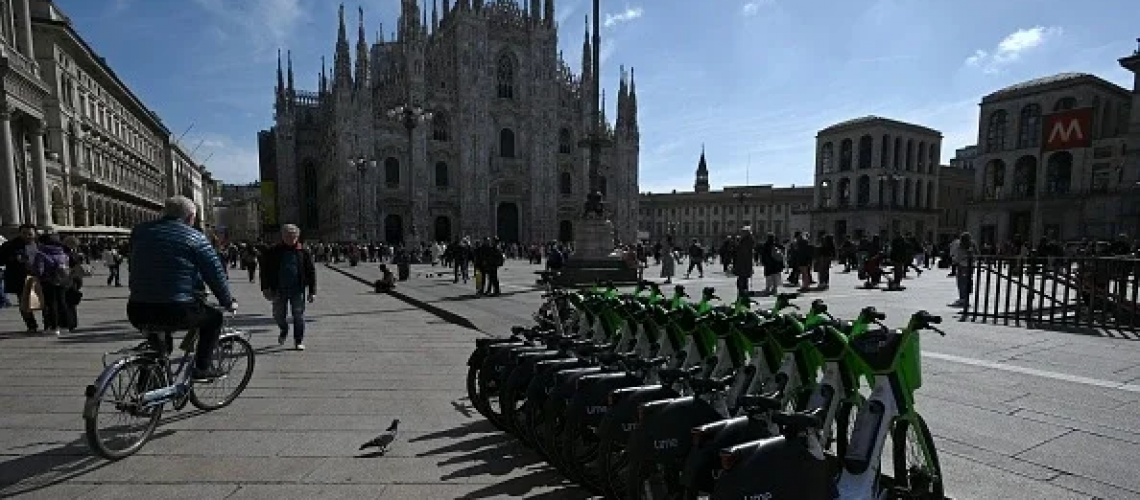The Clean Cities Campaign has published a ranking of cities’ commitment to shared and zero-emission mobility. The study looked at 42 European cities and used a set of indicators in the areas of “shared bikes and e-scooters”, “shared electric cars”, “zero-emission buses” and “electric vehicle (EV) charging infrastructure”.
The Danish capital Copenhagen leads the ranking with a score of 87%. It also received the maximum score under “shared electric cars” and “EV charging infrastructure”. Second and third in the overall list were the Norwegian capital Oslo and Paris (France), with Oslo helped by its strong performance in the areas of “EV charging infrastructure”, while Paris received the maximum score for its actions under “shared bikes and e-scooters”. By implication, a city’s score and ranking also reveals where they need to progress, which is evident by their low score compared to other cities.
The report concludes that progress in shared and electric mobility services largely stems from consistent political choices and timely investments, such as the effective regulatory frameworks to manage shared mobility and zero-emission buses that have been put in place in Milan, which is ranked 7th in the list. In addition, the report underlines that shared and electric mobility is a viable alternative to private car ownership, even in areas that lack good public transport services and so are considered to be “car-dependent”. In addition, the report notes that shared and electric mobility solutions are a more cost-effective and “quick-to-realise” alternative to expensive investments in sustainable urban mobility, such as underground public transport.
Barbara Stoll, director of Clean Cities Campaign, said: “City leaders that show leadership and ambition are able to make wise and nimble investment decisions which can super-charge their efforts towards a zero-emissions urban future. It’s not primarily about having more money – cities that are not among the richest have far outperformed their peers through good regulatory frameworks and forward-looking planning”.
The report is available at the Clean Cities Campaign website.


